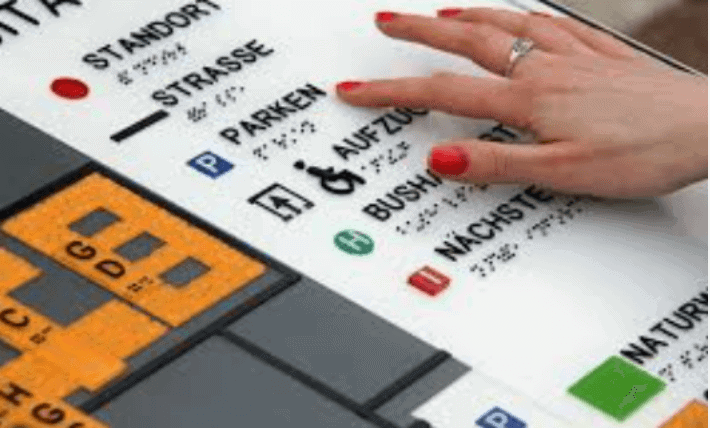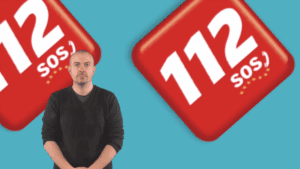El 9th of November, EUD followed a webinar on inclusive mobility. This webinar was part of the two-years EPFIME project, funded by the Erasmus+ programme, focusing on the mobility of students with disabilities, coordinated by the Support Centre Inclusive Higher Education (SIHO) and the Flemish Ministry of Education and Training in Belgium.
Valérie Van Hees, Coordinator, and Dominique Montagnese, Inclusive Mobility Expert from the SIHO presented the research report and a booklet of good practices based on survey data collection, with feedback of 1,134 responses from students with disabilities, 114 higher education institutions and 23 ministries of Education across the European Higher Education Area.
Some of the testimonials, key findings, good practices and recommendations that were shared during the webinar were the following:
- Although more countries collect data, the definition of varies significantly in every country. Countries do not systematically collect data on the participation in mobility programmes, and only 14% of the countries have set a target for the participation of students with disabilities in mobility programmes;
- The provision of information about mobility programmes is not accessible. And promotional campaigns are not inclusive. Deaf sign language users have little to no information in national sign languages;
- 32% of students with disabilities where not identified as a person with a disability. 39% of respondents indicated they were not asked, 34% did not think it was important, while 25% did not want to be labeled;
- The lack of awareness about the barriers, as well as the lack of communication and collaboration between different stakeholders, both inside and between organisations (departments of Ministries, inter-departments of higher education institutions, National Agencies for Erasmus+, etc.) are a barrier to supporting students with disabilities in mobility programmes effectively;
During the webinar, personal stories were presented from students with different disabilities. A deaf respondent to the survey, for example, explained that ‘much of the information on the foreign exchange programmes is given via public talks without captioning, interpreters or video recordings, and questions are generally taken verbally or over the phone, which is inaccessible to me as a deaf person’.
Mobility programmes are key opportunities to grow personally, gain relevant skills and make everlasting connections. Moving freely within Europe for the purposes of education and training lay also at the heart of the European project. In light of this, EUD has been an active player in advocating for an inclusive and accessible mobility programmes, including the Erasmus+ programme, and is an active member of the Erasmus+ Coalition to follow closely all relevant developments. In this regard, EUD has particularly requested that the learning mobility of the Erasmus+ programme is accompanied by sign language support prior, during and after the learning mobility, in the same way that this support exists for all other EU languages.
At the end of November 2020, EUD published its position paper on freedom of movement, which includes a specific chapter on learning mobility for deaf learners with recommendations. Access the position paper aquí.
Access webpage of the webinar aquí.
El Código Europeo de Comunicaciones Electrónicas y la Ley Europea de Accesibilidad, recientemente adoptados, refuerzan el compromiso de la Unión Europea de garantizar que todos puedan acceder al 112 en igualdad de condiciones.
Sin embargo, la DUE recuerda que ahora es el momento de que los Estados miembros de la UE actúen. Las obligaciones legales enumeradas en el Código Europeo de Comunicaciones y en el Acta Europea de Accesibilidad para hacer que el 112 sea accesible para todos deben transponerse rápida y ambiciosamente a las leyes nacionales y convertirse en una realidad para que las personas con discapacidad puedan tener un acceso equivalente al número único europeo de emergencias 112.
En el día 112, la DUE insta a los Estados miembros de la UE a que se comprometan a una transposición ambiciosa y rápida de las obligaciones de hacer que el 112 sea accesible para todos, ya que se trata de salvar vidas y no puede esperar.












